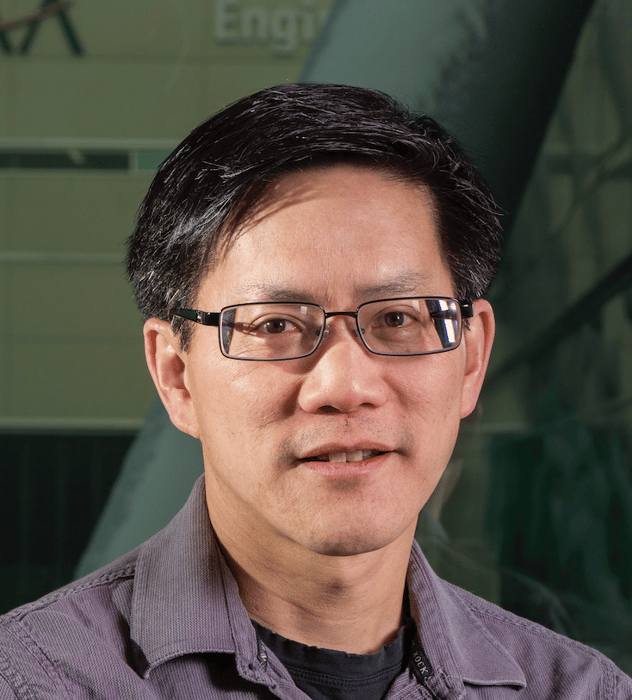The Rural AI Solutions and Engagement (RAISE) project is a collaboration among the University of Alaska Anchorage, Salisbury University, and Valdosta State University. These institutions, serving rural regions in Alaska, Maryland, and Georgia, respectively, aim to build sustainable and strategic partnerships centered on Artificial Intelligence (AI) with industry, non-profit, indigenous, and government stakeholders in their areas. Rural communities face unique challenges such as limited technological infrastructure, educational resources, and access to rapidly evolving technologies like AI. RAISE seeks to address these challenges by enhancing institutional capacity to collaborate with communities, strengthen research capabilities, and develop innovative AI solutions to rural-specific problems.
The project’s broad goals are to build capacity in four key areas:
forming partnerships,
advancing research administration,
fostering research development, and
cultivating research leadership.
By leveraging these capacities, each institution will utilize AI to address critical needs in agriculture, energy, and education, providing practical solutions tailored to the unique demands of their communities.
Each university brings unique strategies to the project. However, beyond these localized efforts, the cohort will collaborate to share expertise, lessons learned, and perspectives on the specific innovation needs of rural communities. As Predominantly Undergraduate Institutions (PUIs) and Minority Serving Institutions (MSIs), they will also focus on increasing access to technological advancements for underrepresented populations, boosting the regional workforce and fostering equitable opportunities in the field of AI.
By addressing pressing rural challenges and advancing research and partnerships, the RAISE project contributes to building a foundation for sustainable innovation. This initiative aligns with the National Science Foundation’s commitment to intellectual merit and broader impacts, providing a model for inclusive and community-focused AI research and application.
University of Alaska Anchorage
The University of Alaska Anchorage is using the RAISE project to build sustainable AI partnerships that meet the needs of Alaska’s rural and Indigenous communities. Through collaboration with local stakeholders, UAA aims to strengthen institutional capacity, expand research leadership, and apply AI to practical challenges in areas such as energy, education, and agriculture. The university is focused on ensuring equitable access to emerging technologies while cultivating long-term innovation ecosystems across the state’s remote regions.
Salisbury University
As part of the RAISE project under NSF’s EPIIC program, Salisbury University is applying AI solutions to support local agencies, businesses, and nonprofits on Maryland’s rural Delmarva Peninsula. Led by faculty from the Computer Science Department and the Rommel Center for Entrepreneurship, SU is conducting AI readiness assessments, developing custom algorithms, and mentoring students in real-time problem-solving for community partners. Their work emphasizes demystifying AI, promoting workforce development, and helping rural organizations stay competitive in a rapidly evolving technological landscape.
Valdosta State University
Valdosta State University is advancing AI research and community partnerships across rural Georgia as part of the RAISE project. By developing institutional capacity in research leadership, external engagement, and interdisciplinary applications of AI, VSU is helping local partners address real-world challenges in education, agriculture, and energy. As a Minority Serving Institution, VSU is committed to expanding access to technological innovation for underrepresented populations and preparing students for the future AI workforce.











